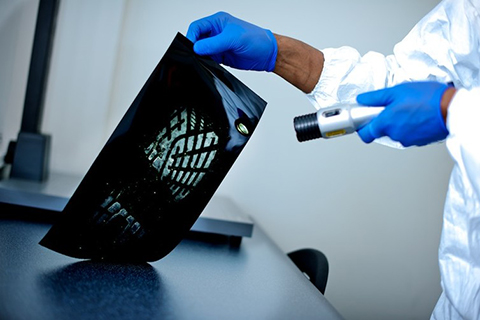Forensic science has become a mainstay of many a TV drama, and it’s just as important in real-life criminal trials. Drawing on biology, chemistry, genetics, medicine, and psychology, forensic evidence helps answer questions in the legal system. Often, forensics provides the “smoking gun” that links a perpetrator to the crime and ultimately puts the bad guy in jail.
|
ADVERTISEMENT |
Shows like CSI, Forensic Files, and NCIS cause viewers to be more accepting of forensic evidence. As it’s risen to ubiquitous celebrity status, forensic science has become shrouded in a cloak of infallibility and certainty in the public’s imagination. It seems to provide definitive answers. Forensics feels scientific and impartial as a courtroom weighs a defendant’s possible guilt—looking for proof beyond a reasonable doubt.
But the faith the public and the criminal justice system place in forensic science far outpaces the amount of trust it deserves.
…

Add new comment